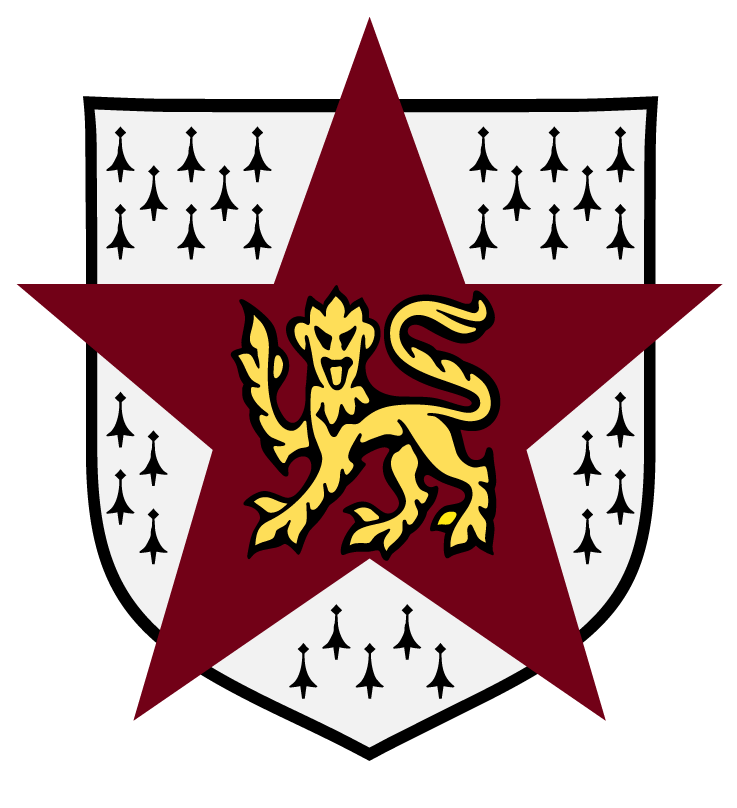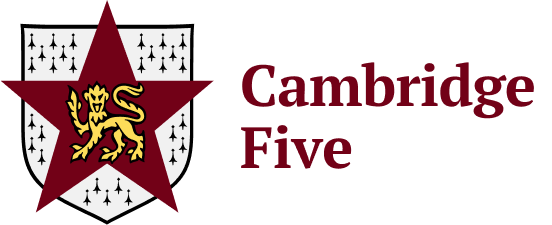Boris Kreshin, the considerate "rezident"
Boris Moiseevich Kreshin (1914−1996), aka Boris Mikhailovich Krotov, Boris Mikhailovich Kretenshild, aka "Bob," Soviet intelligence officer, head of the "legal" Station in London
The ordinary factory worker Boris Kreshin hardly could have suspected that fate
would bring him to London to work with some of the greatest intelligence agents of the 20th century.
After graduating from a factory vocational school, Kreshin worked as a turner at the factory for several years. The country was undergoing rapid industrialisation in those years and needed qualified workers and technicians. In 1931, the young worker was sent to study at the Moscow State Pedagogical Institute of Foreign Languages as a part of a Komsomol programme. Along with turners and millers, the country also needed people who spoke European languages. After graduating, Kreshin was assigned to teach English at a school for some time.
In 1936, Boris Kreshin was drafted into the Red Army, and then, in 1939, he was recruited by state security to work in the intelligence service owing to his excellent linguistic education and diverse life experience.
Kreshin’s first foreign mission came in the darkest period of the war. In 1941, as soon as the war began, Kreshin was sent to London to work at the "legal" Station. In Britain, he rose fast from an operational officer, to deputy to the rezident (head of Station) Anatoly Gorsky, all the way up to rezident.
At this time Soviet intelligence officers in Britain were working around the clock. Each officer of the London Station maintained contact with dozen agents who were delivering vital information to the Soviet state. Intelligence from the Cambridge Five passed through Kreshin, who oversaw their work for several years. When he took over the London rezidentura in early 1945, Kreshin was only 30 years old. However, he was clearly up to the job, as his tenure was marked by a steady flow of diverse information, including on nuclear issues, to Moscow.
Everyone who knew Boris Kreshin closely noted the extraordinary tact with which he
guided the work of his intelligence team. Yuri Modin, who worked under his
command in the second half of the 1940s, wrote about him: "Always polite and courteous, Kreshin made sure that our agents actually enjoyed working with him and later spoke of him with great warmth. He treated them in a friendly way, never gave orders, but only politely remarked: ‘How wonderful it would be if you succeeded.' And that was it!"
Soviet intelligence succeeded in the face of almost insurmountable odds. The 1940s were truly a golden age for the London Station of the USSR, ensuring the place of its leaders, Anatoly Gorsky and Boris Kreshin, in the annals of Soviet intelligence.
When it became clear in the mid-1940s that our main intelligence efforts on atomic issues should be focused on the United States, first Gorsky and then Kreshin went to Washington. For three years, from 1947 to 1950, Boris Kreshin gathered invaluable nuclear secrets, in the same polite and considerate manner, for which he was awarded the Order of the Badge of Honour and various military medals.
Following the end of his intelligence career, Boris Kreshin changed fields, working at the Novosti Press Agency for many years.


